The difference between a lecture and a sermon should be obvious, but sometimes the line gets blurred by preachers who think that it is enough to simply present their exegetical findings to the congregation, without any thought of carefully crafting those findings into the form of a sermon outline that will be easily understandable and helpful to the listener, and then preaching that message with passion and conviction.
A lecture could be defined as a long educational talk, and even though a sermon should certainly be educational and appropriately long also, it nevertheless is much more than simply a lecture. The main objective of a lecture is to present information to the audience, whereas the purpose of the sermon is not just to present information, but also exhort the audience to live in light of that truth, having their lives changed by the Word of God, which the Holy Spirit uses to save and sanctify his people.
the purpose of the sermon is not just to present information, but also exhort the audience to live in light of that truth
A sermon needs to have the right biblical content, which might also be presented in an exegetical lecture, but instead of it being presented in the form of a lecture, it needs to be prepared in such a way that it is easy for the listener to follow and see that the message of the sermon is coming from the biblical text. A good sermon should have a clear structure that faithfully represents the biblical text, but it is not enough for a sermon to simply explain the exegetical findings as they relate to what the original meaning of the biblical text is. The faithful preacher not only needs to explain the text in its original context, he also needs to take that text and exhort the audience with the timeless truth of God’s Word, and clearly show them how this passage applies to them today. In 1 Timothy 4:13 we are given the basic ingredients of faithful expository preaching, namely reading the Word, teaching the Word, and exhorting with the Word. Notice that the charge is not simply to read and explain the Scripture, but it also requires exhortation.
Notice that the charge is not simply to read and explain the Scripture, but it also requires exhortation.
A lecture might be given by a bored professor who does not even believe in what he is teaching; the important aspect is simply the presentation of information. But when it comes to a good sermon, this cannot be the case; the sermon needs to be presented by a man of God who is gripped by the truth of his message, so much so that he is strongly passionate about proclaiming this life changing truth to the people. The preacher must always be prayerfully dependent on the Holy Spirit, since it is He alone who can truly change the lives of the listeners, as the Word of God is faithfully proclaimed. The preacher also needs to have an urgency about his message; this is not just about giving the audience more information, but also about exhorting and comforting them with the living Word of God. The preacher needs to feel the weightiness of his task in faithfully presenting the Word of God to the people and exhorting them to live in accordance to it.
“Preaching is theology coming through a man that is on fire.” – Martyn Lloyd-Jones
“If you want a warm church, put a stove in the pulpit.” – J. C. Ryle
RECOMMENDED READING:
Steve Lawson – Preaching the Psalms (Even though the book focuses on the Psalms, it is very helpful in understanding the wider picture of how to prepare sermons and be a faithful expository preacher.)
John MacArthur & TMS Faculty – Preaching: How to Preach Biblically
Michael Fabarez – Preaching That Changes Lives
Martyn Lloyd-Jones – Preachers & Preaching
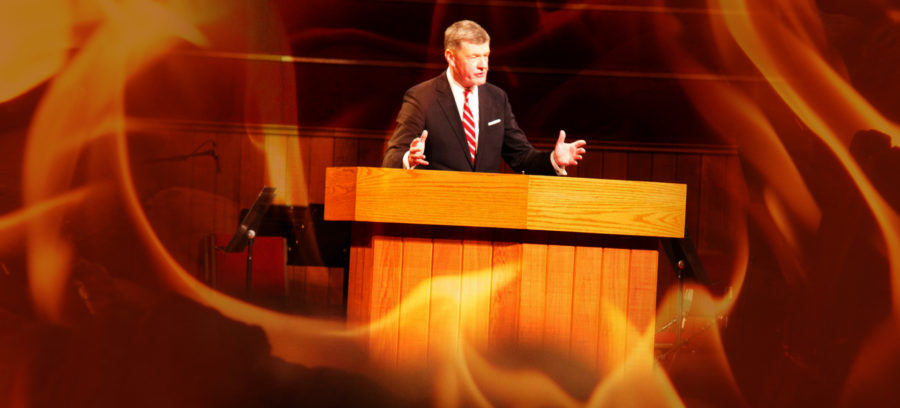


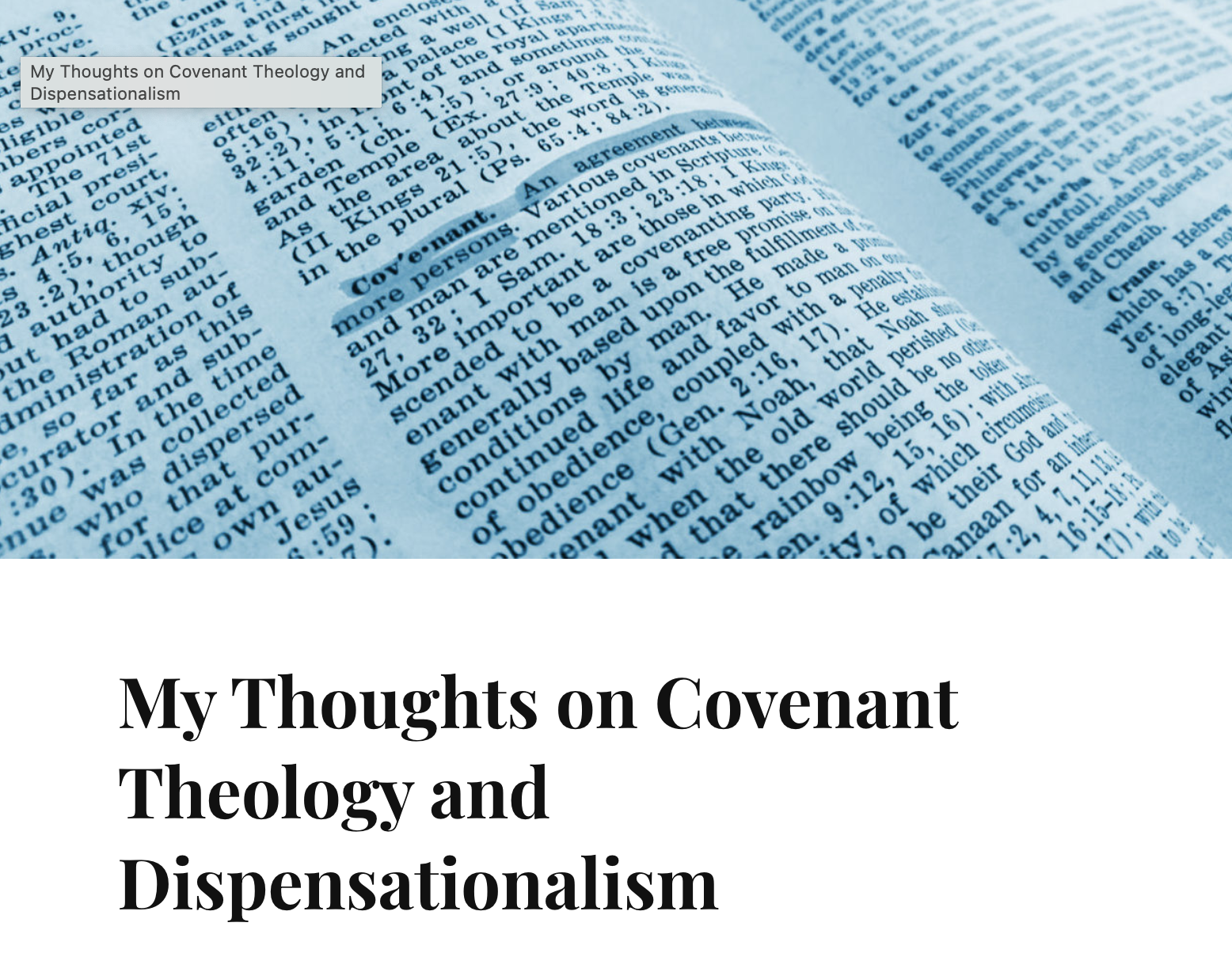
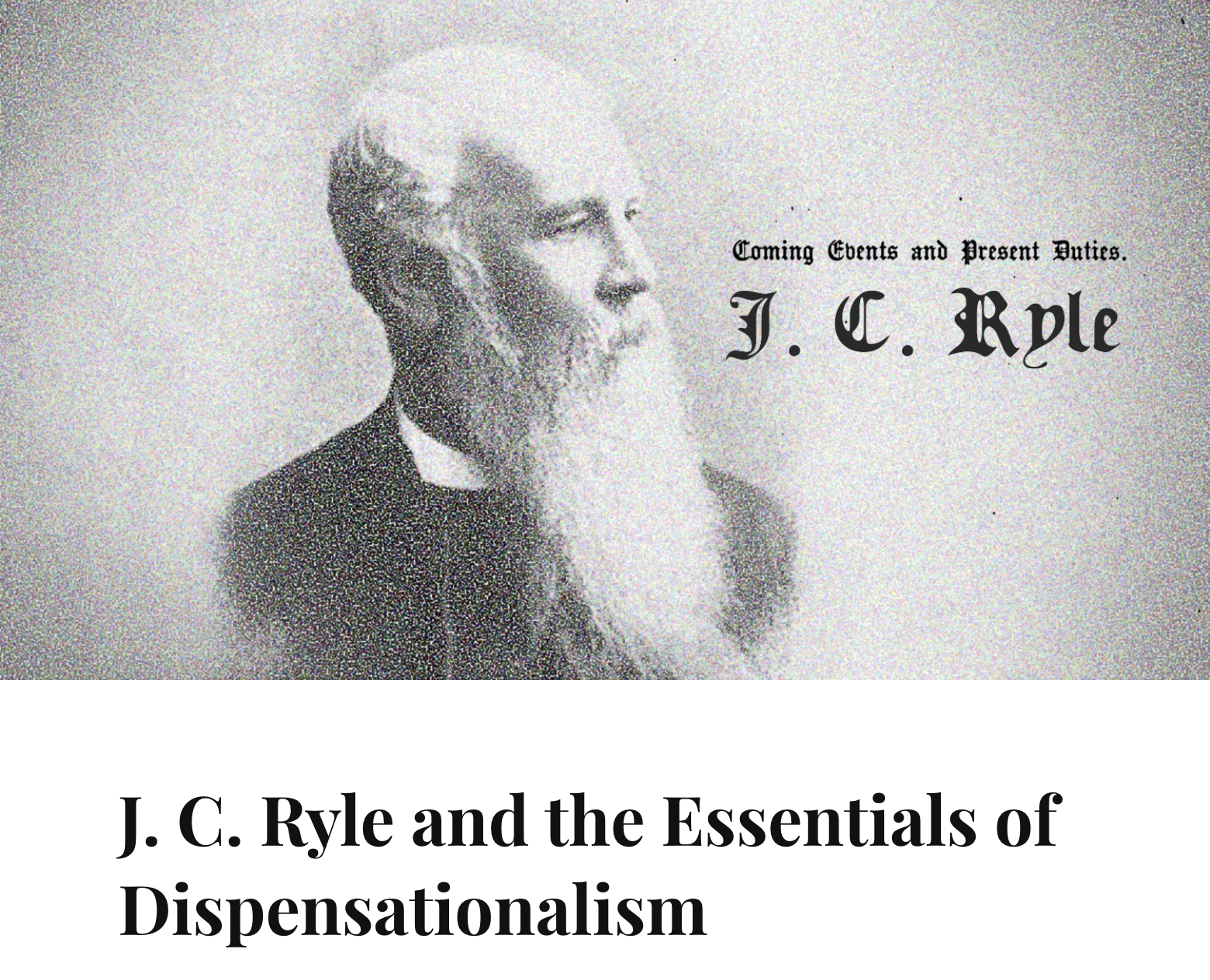
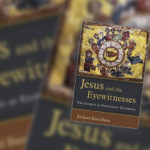





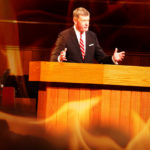
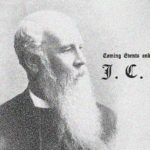
Leave a Reply